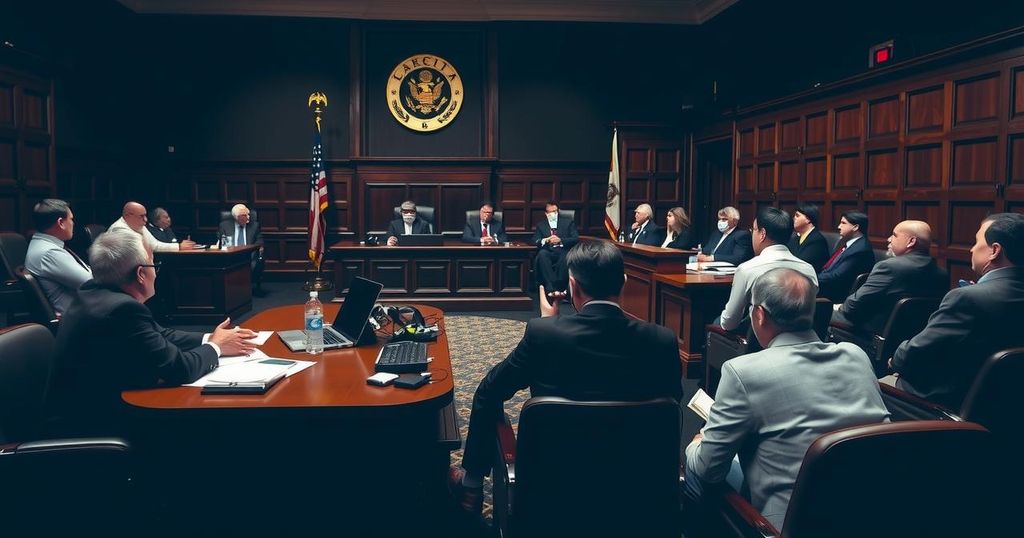ICJ Hearings on Climate Responsibility and Equity for Developing Nations

The International Court of Justice held hearings on December 5, 2024, addressing the obligations of UN member states regarding climate change, with developing nations asserting that industrialized countries must take responsibility for their historical emissions. Nations like the Solomon Islands, India, and Iran called for equitable support and recognition of their plight in the face of climate impacts, emphasizing that climate finance represents a legal obligation rather than charity.
On December 5, 2024, hearings commenced at the International Court of Justice (ICJ) in The Hague, focusing on the critical need for UN member states to address climate change. Nations, particularly from the developing world, stressed that the escalating climate crisis primarily stems from the historical emissions of industrialized countries, urging these nations to acknowledge their legal and moral obligations to assist vulnerable states. The representation from the Solomon Islands, India, and Iran encapsulated a united call for shared responsibility and equity in climate action.
The Solomon Islands emphasized the link between climate change and human rights, revealing the urgent plight of its citizens facing severe threats from rising sea levels. Their call for the ICJ’s affirmation of accountability from industrialized nations was echoed by India, which highlighted the inequities inherent in climate responsibilities, maintaining that development and climate action must coexist without sacrificing impoverished nations’ needs. Iran reiterated the significance of equity and the necessity for developed nations to lead in emission reductions while facilitating technology transfers and financial support for developing nations.
Each country underlined the need for a robust legal framework to address these challenges, with India emphasizing that climate finance should be perceived as an obligation rather than an act of charity, a sentiment clearly articulated by their representative.
The International Court of Justice (ICJ) is tasked with adjudicating disputes between states and providing advisory opinions on legal questions referred to it by the United Nations. Climate change has emerged as a pressing global crisis, with disproportionate effects on developing nations due to their limited historical contribution to greenhouse gas emissions. The proceedings at the ICJ have brought to light the urgent need for all member states to recognize their responsibilities in combating climate change and supporting affected populations. In particular, small island developing states are increasingly vulnerable to climate impacts, drawing attention to the necessity for international cooperation and equity in climate action.
The ICJ hearings encapsulated the sentiments of developing nations in stressing that climate finance is fundamentally an obligation derived from historical emissions, not merely an act of charity. The cross-national testimony underscored the urgent need for collaborative legal frameworks that enforce accountability among industrialized nations. The proceedings mark a crucial step towards establishing a more equitable approach to climate responsibilities, particularly for those nations most adversely affected by the climate crisis.
Original Source: www.ipsnews.net






